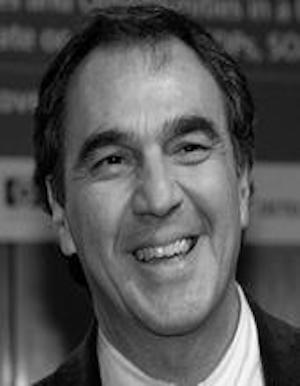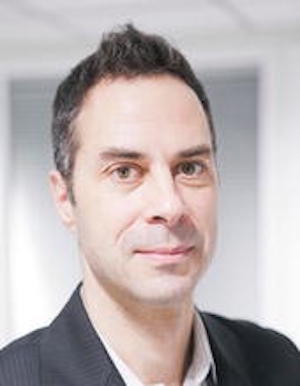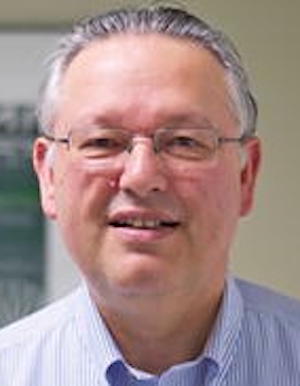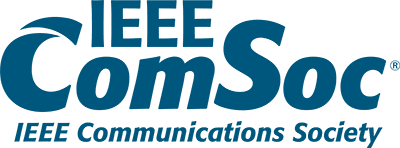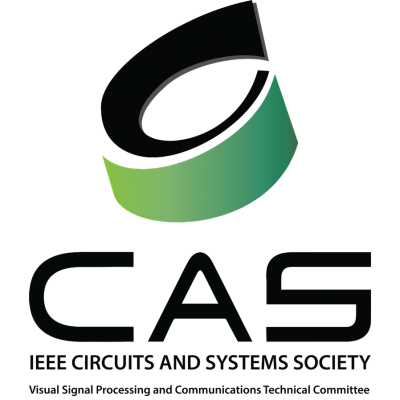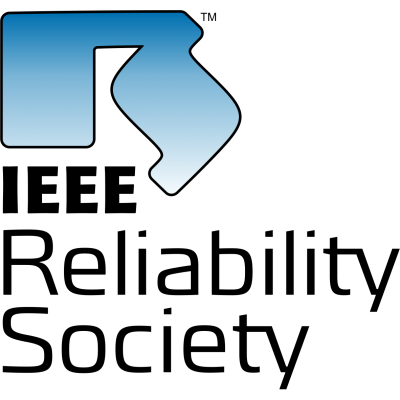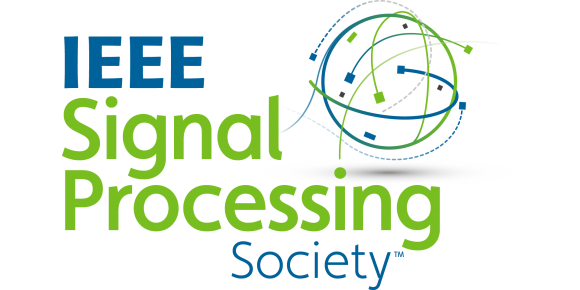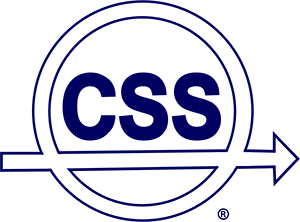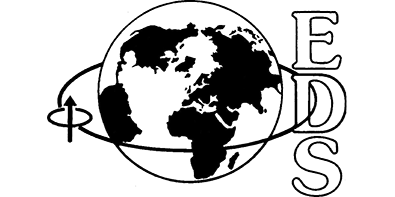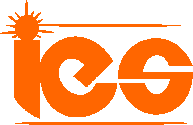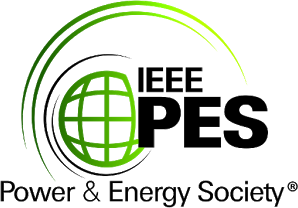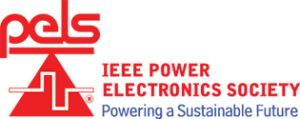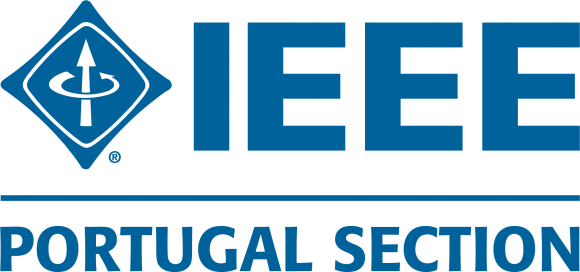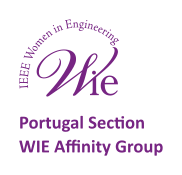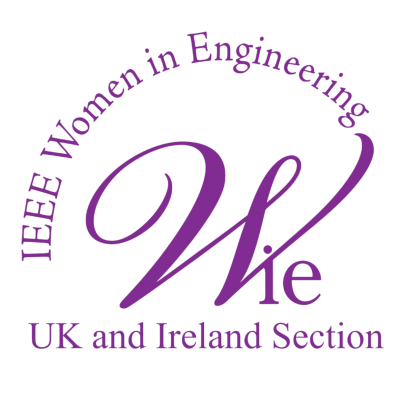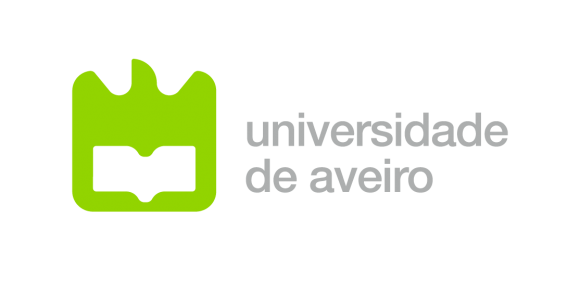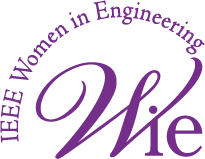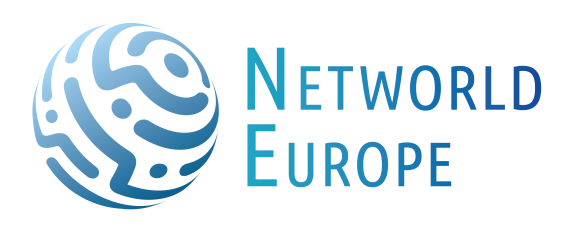2nd Workshop on Digital Twins and the Internet of Things
Track ID: Work-14
Description
Digital Twins (DTs) represent a methodology that is an important aspect of the tools and techniques that are integral to Digital Transformation and the Internet of Things. The adoption of Digital Twins has already had an impact on a wide range of IoT applications and use cases and is likely to have significant impact in the future. This is evidenced by the activity within industry, professional organizations, associations, and public sector programs devoted to Digital Twins, as well as the inclusion of the subject in technical conferences and events.
There are at least four major high level categories where DTs are likely to have broad adoption, including: manufacturing, products/goods, services, and processes. The foremost aspects of DTs is the use of a digital representation of physical objects/artifacts and of physical/procedural activities. Just as important is the development of digital models that capture the dynamics of the object/artifacts under varying conditions. That in turn implies the instrumentation of the actual objects/artifacts with sensors to create a feedback loop that improves the fidelity of the DTs to predict or express their dynamic state – that is to capture the past, understand the present, and be able to predict the future of the object/artifact. In dealing with complex or compound objects the Digital Twin may in turn be composed of a federation or orchestration of many DTs that must interact with each other, and accurately represent the components or sub-systems of the object.
The value and importance of DTs is to help make decisions, whether autonomously using the DTs to control activities/procedures of physical objects, or to provide the information and analysis that allows end-users and operators to make better decisions, or to improve their experience. The vision within the DT community is that DTs will be able to operate anywhere and have access to a powerful ubiquitous and distributed infrastructure at any time, thus lowering threshold for their common use and deployment. That journey has already started but is far from complete and there are considerable opportunities within the research community to contribute to the underlying science and technology.
The Workshop will explore Digital Twins in the context of the role that they play within the Internet of Things. The emphasis is on solving problems in an organized way and contributing to innovation, new business and organizational models, manufacturing and process efficiency, elimination of risks, better product design, and services that greatly improve the customer experience. The workshop will consist of sessions that address:
- Basic aspects of Digital Twins: why they are important and where are they likely to create value, where they fit within the IoT ecosystem, and what implications do they have for organizational design, new business models, and the role of standards and open source.
- The technological underpinnings of Digital Twins: architectures for Digital Twins, the basic support infrastructure including connectivity, computing, storage, the data sciences, modeling methods and techniques, representation of DTs, the use of AI/ML, Virtual and Augmented Reality, the Metaverse, and Additive Manufacturing among others.
- Shared experiences on the operation of DTs in various settings, emphasizing the factors for success and identifying the challenges faced in deploying and managing DTs in actual use. This includes the technical, organizational, and human aspects of using DTs.
- Use cases and examples of DT: exposing the range of applications and use cases for the Digital Twin concentrating on actual deployments. This includes the four areas cited above and for specific verticals such as industrial manufacturing, personal assistants, healthcare, construction, aerospace, cultural heritage, and smart cities.
The workshop will conclude with an online panel discussion about the current state and future of Digital Twins.
We look forward to your submission of peer reviewed papers, and presentations as part of the workshop on Digital Twins and the Internet of Things. Please use the links from the author page [https://wfiot2023.iot.ieee.org/authors ] on the conference website to make your submission directly through eWorks. You will be able to find the instructions for your submissions under Workshops on the same page.
Paper Submission Deadline
Important Dates:
- Deadline for Paper Submissions: July 30th, 2023
- Acceptance Notification: September 8th, 2023
- Deadline for Camera-Ready Paper Submissions: September 29th, 2023
- Deadline for Presentation Submissions: October 2nd, 2023
Papers should be six (6) pages in length and follow the instruction provided for the main Conference. The conference allows up to two additional pages for a maximum length of eight (8) pages with payment of extra page charges once the paper has been accepted.
Please submit your paper for this Workshop using the link to eWorks:
Call For Papers:
If you have any questions, please contact Dr. Roberto Minerva: roberto.minerva@telecom-sudparis.eu
Chairs
Roberto Minerva: Institut Polytechnique de Paris
(Senior Member, IEEE) received the M.S. degree (summa cum laude) in computer science from the University of Bari Aldo Moro, Bari, Italy, in 1987, and the Ph.D. degree in computer science and telecommunications from Pierre and Marie Curie University–Sorbonne University, Paris, France, in 2013. From 1987 to 1996, he was a Researcher in the area of service architectures and network intelligence with the Telecom Italia Research Center. In the following years, he was responsible for several research groups related to network intelligence and evolution to next generation networks. From 2013 to 2016, he was appointed to the Strategic Initiatives of TIM. Since 2016, he has been the Technical Project Leader of the SoftFIRE, a European Project devoted to the experimentation of network function virtualization (NFV), software defined networking (SDN), and edge computing. Since 2018, he has been an Associate Professor in softwarization with the Service Architecture Laboratory, Wireless Networks and Multimedia Services Department, Institut Mines Telecom, Telecom Sud Paris, Évry, France, a part of the Institute Polytechnique de Paris, Paris. He has authored the book Networks and New Services: A Complete Story. He is also an author of more than 50 papers in journals and international conferences. Dr. Minerva is a member of the Scientific Committee of the Fondazione Bruno Kessler, Trento, Italy. He has been the Chairperson of the IEEE Internet of Things Initiative from 2014 to 2016.
Noel Crespi: Institut Polytechnique de Paris
Noel Crespi holds a master’s degrees from the Universities of Orsay (Paris 11) and Kent (UK), a Diplome d’ingénieur from Telecom Paris, and a Ph.D and a Habilitation from Sorbonne University. From 1993 he worked at CLIP, Bouygues Telecom and then at Orange Labs in 1995. In 1999, he joined Nortel Networks as telephony program manager, architecting core network products for the EMEA region. He joined Institut Mines-Telecom, Telecom SudParis in 2002 and is currently Professor and Program Director at Institut Polytechnique de Paris, leading the Data Intelligence and Communication Engineering Lab. He coordinates the standardization activities for Institut Mines-Telecom at ITU-T and ETSI. He is also an adjunct professor at KAIST (South Korea), a guest researcher at the University of Goettingen (Germany) and an affiliate professor at Concordia University (Canada). His current research interests are in Softwarization, Artificial Intelligence and Internet of Things
Adam Thomas Drobot: OpenTechWorks Inc.
Dr. Adam T. Drobot is an experienced technologist and manager. His activities are strategic consulting, start-ups, and industry associations. He is the Chairman of the Board of OpenTechWorks, Inc and serves on the boards of multiple companies and no-profit organizations. In the past he was the Managing Director and CTO of 2M Companies, the President of Applied Technology Solutions and the CTO of Telcordia Technologies (Bellcore). Previous to that, he managed the Advanced Technology Group at Science Applications International (SAIC/Leidos) and was the Senior Vice President for Science and Technology at SAIC. He is a member of the FCC Technological Advisory Council. In the past he was on the Board of the Telecommunications Industry Association where he Chaired the Technology Committee; the US Department of Transportation Intelligent Transportation Systems Program Advisory Committee; and the University of Michigan Transportation Research Institute External Advisory Board. In 2017 and 2018 he chaired the IEEE Internet of Things Initiative Activities Board. He has published over 100 journal articles and holds 27 patents. In his professional career he was responsible for the development of several major multi-disciplinary scientific modeling codes and specialized in developing tools and techniques for the design, management, and operation of complex scientific facilities, discrete manufacturing systems, and large-scale platforms, for government and industry. His degrees include a BA in Engineering Physics from Cornell University and a PhD. in Plasma Physics from the University of Texas at Austin.



